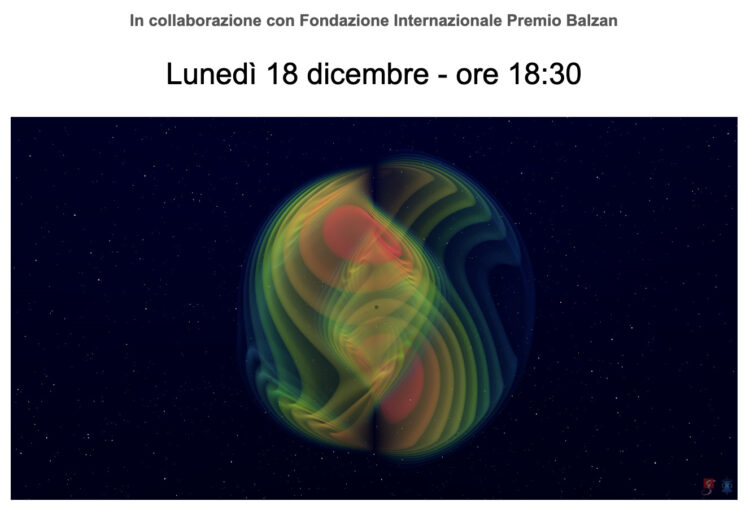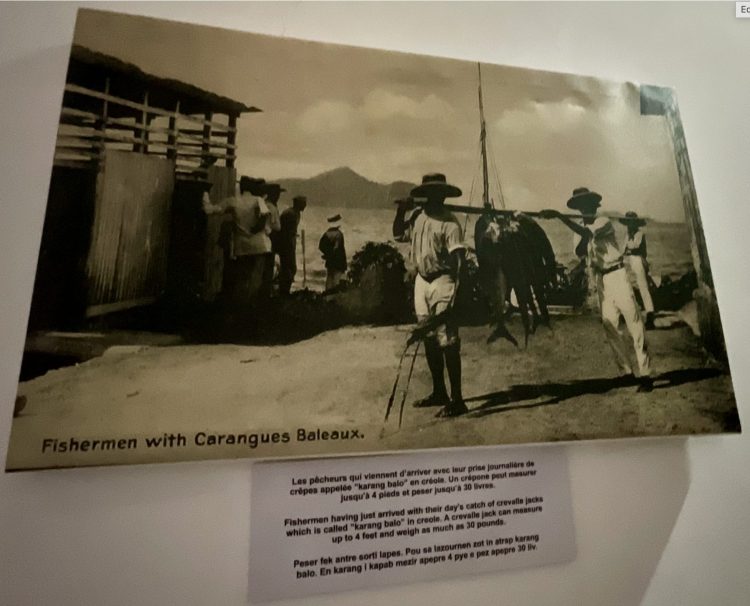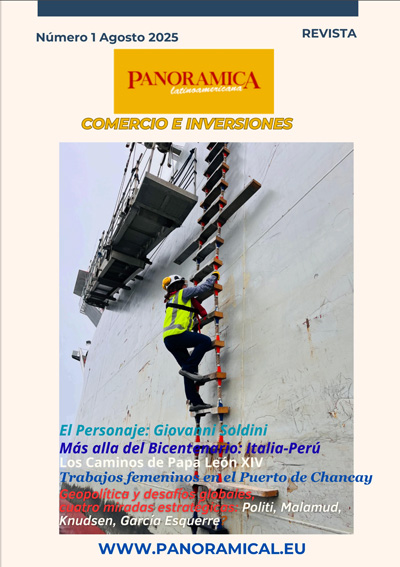

Alessandra BuonannoGRAVITATIONAL-WAVE ASTRONOMY:
|
|
Conferenza in lingua inglese |
|
For centuries, we have explored the Universe and discovered novel astrophysical sources and phenomena only through the observation of electromagnetic waves (gamma rays, X-rays, optical, infrared, radio waves). In 2015, we observed the first gravitational wave passing through the Earth produced by the merger of two stellar-mass black holes. Such an event has provided us with a remarkable confirmation of the general theory of relativity by Albert Einstein, and ushered in the era of gravitational-wave astronomy. Since then, about one hundred gravitational waves have been detected, including the gravitational signal produced by the coalescence of two neutron stars, accompanied by a plethora of electromagnetic counterparts observed by numerous telescopes around the world. In this talk, I will highlight how the novel astronomical messengers are already unveiling distinctive properties of the most extreme astrophysical objects in the Universe, and discuss the discovery potential of future observatories in space and on the ground, which will open new frequency bandwidths. |
|
Alessandra Buonanno è direttore del Max Planck Institute for Gravitational Physics (Albert Einstein Institute) di Potsdam in Germania, e Capo del Dipartimento di “Astrophysical and Cosmological Relativity”. Professore di ricerca all’Università del Maryland, negli Stati Uniti e professore onorario alla Humboldt University a Berlino e alla Università di Potsdam. Premio Balzan 2021 per Gravità: aspetti fisici e astrofisici |
|
La Fondazione Internazionale Premio Balzan promuove nel mondo la cultura, le scienze e le più meritevoli iniziative umanitarie, di pace e di fratellanza tra i popoli. Assegna attualmente quattro premi annuali, due nelle lettere, scienze morali e arti, due nelle scienze fisiche, matematiche, naturali e medicina, e, con un intervallo non inferiore a 3 anni, il Premio per l’umanità, la pace e la fratellanza fra i popoli. Dal 2001, i vincitori dei Premi Balzan sono tenuti a destinare metà del premio al finanziamento di progetti di ricerca condotti da giovani umanisti e scienziati. La Fondazione opera attraverso due sedi istituzionali, una a Milano e una a Zurigo. La Balzan “Premio”, attraverso il suo Comitato Generale Premi, a composizione europea, sceglie le materie da premiare e seleziona le candidature. La Balzan “Fondo” amministra il patrimonio lasciato da Eugenio Balzan. |










